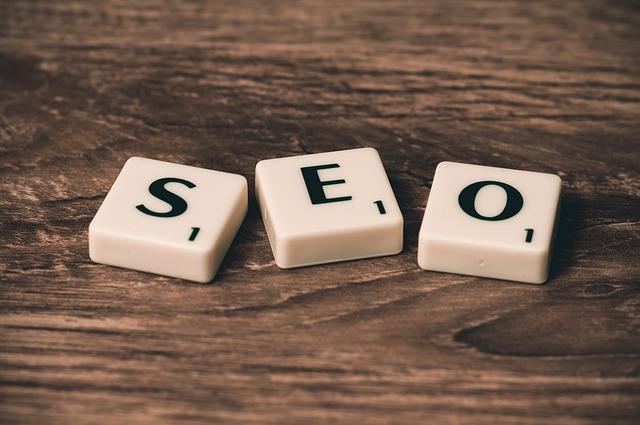SEO Optimization for Websites
In today's digital age, having an online presence is essential for businesses and individuals alike. However, with the vast amount of websites on the internet, it can be challenging to get your website noticed. This is where SEO optimization comes into play. SEO, or search engine optimization, is the process of improving your website's visibility on search engine result pages. In this article, we will explore the importance of SEO and provide tips for optimizing your website.
Topics to Be Covered
In this article, we will cover the following topics:
- Introduction
- The Importance of SEO
- On-page Optimization
- Off-page Optimization
- Technical SEO
- Conclusion
- FAQs
- References
Introduction
SEO optimization is the process of making strategic changes to your website in order to improve its ranking on search engine results pages (SERPs). The goal is to make your website appear higher on the search results, which leads to increased traffic and potential customers. SEO is crucial for driving organic traffic to your website as it allows you to be more visible to potential visitors who are actively looking for the products or services that you offer.
The Importance of SEO
Having a well-optimized website is crucial in today's competitive online landscape. With millions of websites on the internet, it's essential to stand out from the crowd and make your website easily discoverable by search engines and potential visitors. The benefits of SEO optimization include:
- Increased Visibility: By optimizing your website for search engines, you increase your chances of appearing on the first page of search results, making it easier for users to find your website.
- Increase in Organic Traffic: Organic traffic refers to the number of visitors who come to your website through unpaid search results. By implementing effective SEO strategies, you can drive more organic traffic to your website, ultimately leading to more conversions and potential customers.
- Better User Experience: SEO optimization involves improving your website's design, speed, and overall user experience, making it more user-friendly and easier to navigate. This, in turn, leads to a better user experience and higher chances of users staying on your website for longer.
- Higher ROI: Compared to traditional marketing methods, SEO has a higher return on investment (ROI) as it targets users who are actively searching for the products or services that you offer, making them more likely to convert.
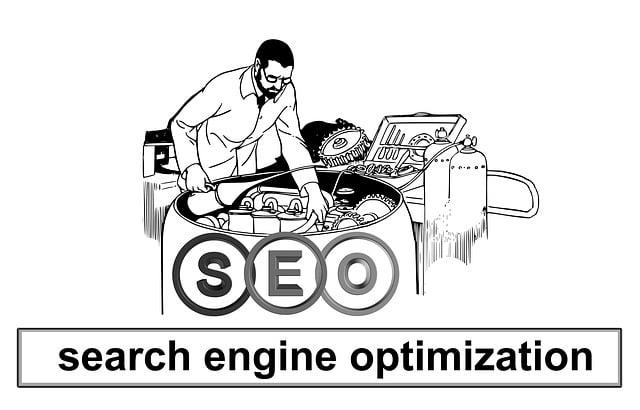
(Image: Pixabay/@geralt)
On-page Optimization
On-page optimization focuses on optimizing the content and structure of your website's individual pages. It involves using relevant keywords, optimizing meta tags, and creating high-quality content that is both valuable and engaging for your audience. Some tips for on-page optimization include:
- Keyword Research: Conduct thorough research to determine which keywords your target audience is using to search for your products or services. Use these keywords strategically throughout your content and meta tags.
- Meta Titles and Descriptions: These are the titles and descriptions that appear on search engine result pages. Make sure they are compelling, relevant, and include your target keywords.
- High-Quality Content: Create engaging and informative content that provides value to your audience. This not only helps with SEO but also keeps visitors on your website for longer.
- Optimized Images and Videos: Optimize your images and videos by using descriptive file names, alt tags, and captions. This will help your images and videos appear in image and video searches, increasing your chances of being discovered by potential visitors.
- User Experience: Make sure your website is easy to navigate, visually appealing, and mobile-friendly. This will improve the overall user experience and increase the chances of users staying on your site.
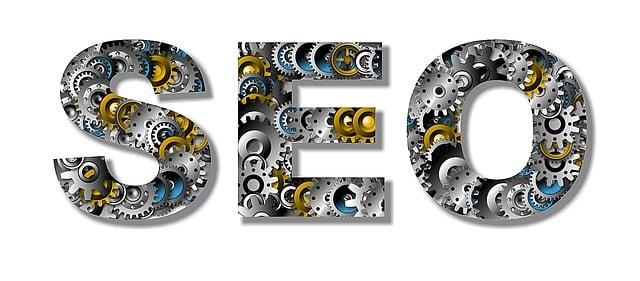
(Image: Pixabay/@Maklay62)
Off-page Optimization
Off-page optimization refers to all the activities that are done outside of your website to improve its ranking on search engine result pages. This includes link building, social media marketing, and online reviews. Some tips for off-page optimization include:
- Link Building: This involves getting other reputable websites to link back to your website. This shows search engines that your website is trusted and authoritative.
- Social Media Marketing: Share your website's content on social media platforms to increase its visibility and reach a broader audience.
- Online Reviews: Encourage your customers to leave reviews on websites such as Google My Business and Yelp. Positive reviews can improve your website's credibility and trustworthiness.
- Guest Blogging: Write high-quality articles for other websites in your niche and include a backlink to your website. This not only helps with SEO but also increases brand awareness and drives traffic to your site.
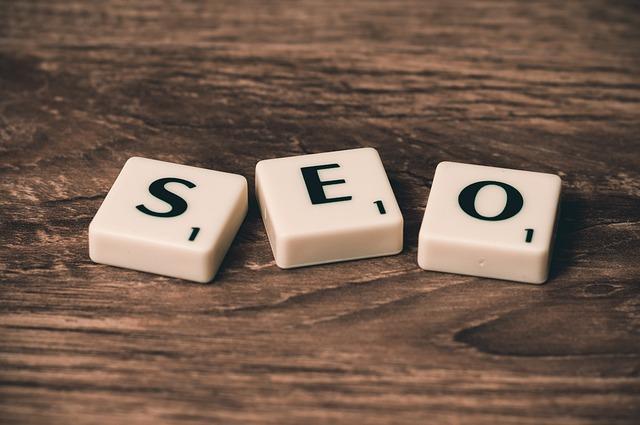
(Image: Pixabay/@Firmbee)
Technical SEO
Technical SEO focuses on the technical aspects of your website, such as its loading speed, mobile-friendliness, and indexing. These technical factors can affect how search engines crawl and index your website, which can ultimately impact your website's visibility on search results pages. Some tips for technical SEO optimization include:
- Site Speed: Optimize your website's loading speed by compressing images, using browser caching, and minimizing HTTP requests.
- Mobile-Friendly Design: With more people accessing the internet through their mobile devices, it's crucial to have a responsive and mobile-friendly website that looks great on all devices.
- Sitemap: Create a sitemap to help search engines crawl and index your website's content.
- Fix Broken Links: Regularly check for broken links on your website and fix them as they can negatively impact your website's SEO.
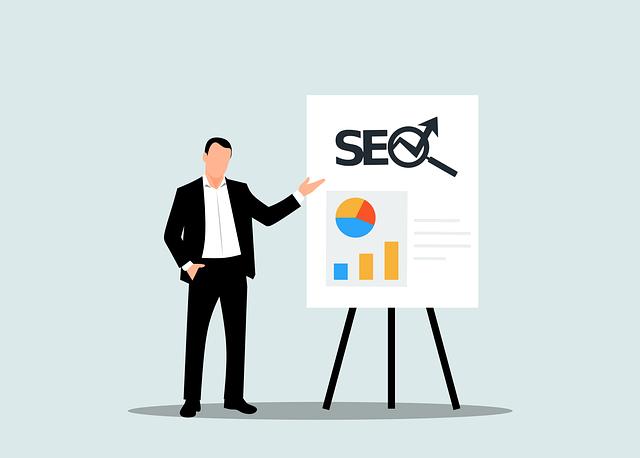
(Image: Pixabay/@Mohamed_hassan)
Conclusion
SEO optimization is crucial for improving your website's visibility and driving organic traffic. By implementing effective on-page and off-page strategies and regularly checking your website's technical aspects, you can improve your website's SEO and ultimately achieve a higher ranking on search engine result pages. Remember to always create high-quality, valuable content for your audience, and stay updated on the latest SEO trends and strategies.
FAQs
What is the best way to perform keyword research?
The best way to perform keyword research is by using tools such as Google Keyword Planner or SEMrush. These tools provide valuable insights into keyword search volume, competition, and related keywords.
How long does it take to see results from SEO optimization?
The timeline for seeing results from SEO optimization varies and can depend on various factors such as your website's current state, the competitiveness of your industry, and the effectiveness of your SEO strategies. However, on average, it can take anywhere from 3-6 months to see significant results.
Is SEO only necessary for large businesses?
No, SEO is essential for businesses of all sizes. Even small businesses can benefit greatly from SEO by increasing their online visibility and reaching a wider audience.


